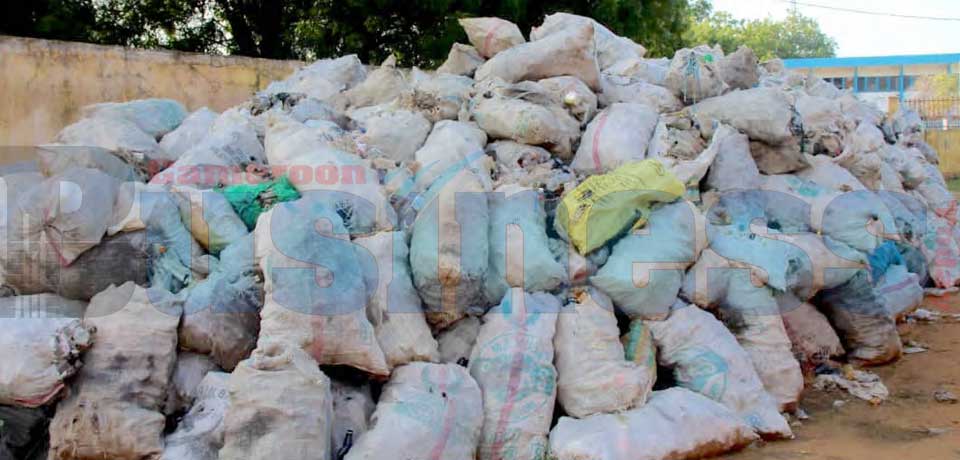The use of digital currency in daily commercial activities is becoming unavoidable. Online businesses have attracted several persons who have the technical ability to use electronic gadgets. The services have gone beyond buying and selling to include most banking platforms that at times seem to exist only in space. Like every novelty, the practice comes with its good and bad sides. Even more, it has evolved into a totally imaginary currency machination called Crypto-currency whereby people open accounts without the least idea of where the platform is located or who the owners and legal personalities or entity are found. To entice potential clients to join the fray, some of the institutions promise mouth-watering interests rates of up to 8 per cent. Popular cryptocurrency savings accounts include platforms such as BlockFi, Linus, Outlet, and Gemini Dollar (GUSD) and the Paxos Standard Token (PAX). Not only are the accounts powered by technology, they contain several other specificities, compared to traditional banking system. Cryptocurrency savings only accept crypto deposits like Bitcoin, Ethereum and so on which are however capable of being transformed into any other legal tender depending on the whims of the platform managers. This uncertainty is even more visible and crucial to people in Africa and other developing countries who lack the required infrastructure and know-how to interact on such online surfaces. In addition, they have higher return rates and higher-yields than ordinary banks. Understandably, the objective is to attract more customers and form a larger basis for investment opportunities and other business incentives. A recent drop in the value of Bitcoin in a matter of days raised much concerns. One-by-one, countries have been waking up to the realities of cryptocurrency and asking questions about its safety and sanity in terms of security threats and business viability. Growing numbers of cryptocurrency holders exist in South Africa, Nigeria, Cameroon and many other African countries. But financial experts in developed and some middle income countries where the practice originated and has been tested for years are worried. For instance, the accounts lack insurance guarantees and the safety key which is usually the preserve of the customer is entirely abandoned with the bank owners. Consequently, in cases...
- Fil Eco
- Enquête de la semaine
-
Marchés & FINANCES
-
Marchés
-
Finances
-
-
Cahiers de l'entreprise
-
Catégories
-
-
-
-
-
- Made in Cameroon
- Débats et analyses
- World Business
















Commentaires